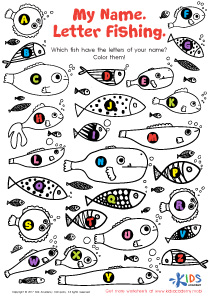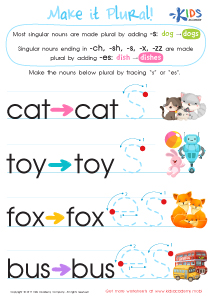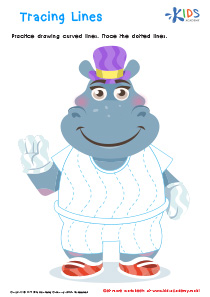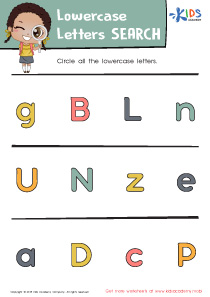Fine Motor Skills Easy Alphabet Worksheets for Ages 3-9
7 filtered results
-
From - To
Our Fine Motor Skills Easy Alphabet Worksheets for Ages 3-9 are designed to make learning fun and engaging. These printables help young children develop crucial fine motor skills as they trace, color, and write their way through the alphabet. By providing age-appropriate activities, these worksheets ensure kids from preschool to early elementary levels can enhance their hand-eye coordination, pencil grip, and handwriting skills. Perfect for both classroom and at-home learning, our worksheets blend education with creativity, fostering a love of learning while building a strong foundation in letter recognition and formation. Explore our collection and watch your child’s skills flourish!
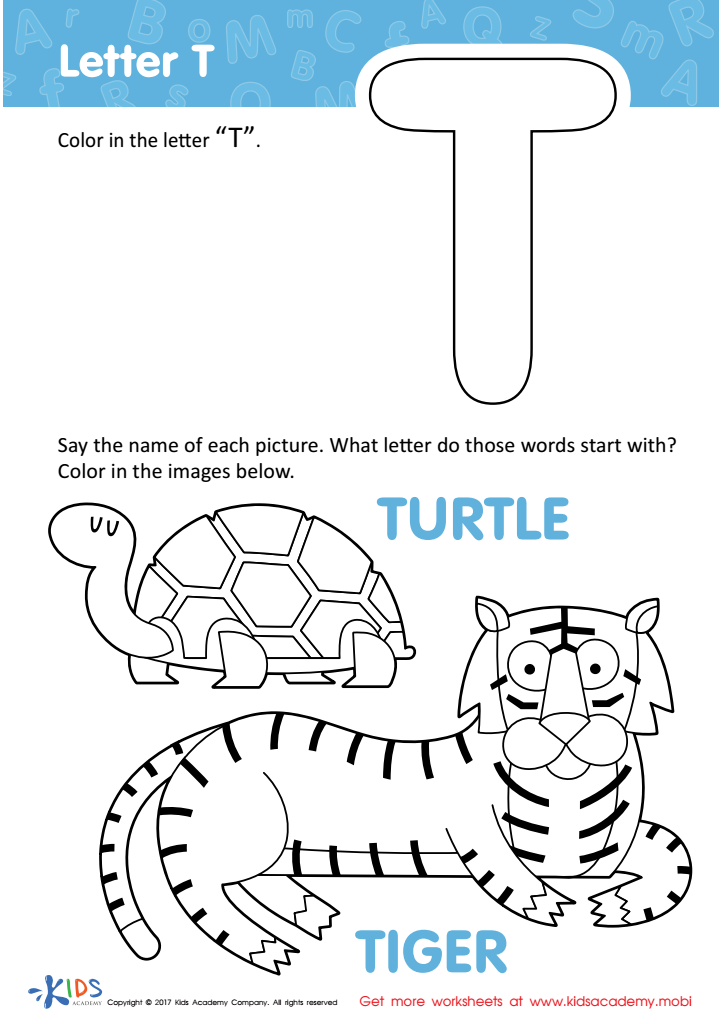

Letter T Coloring Sheet
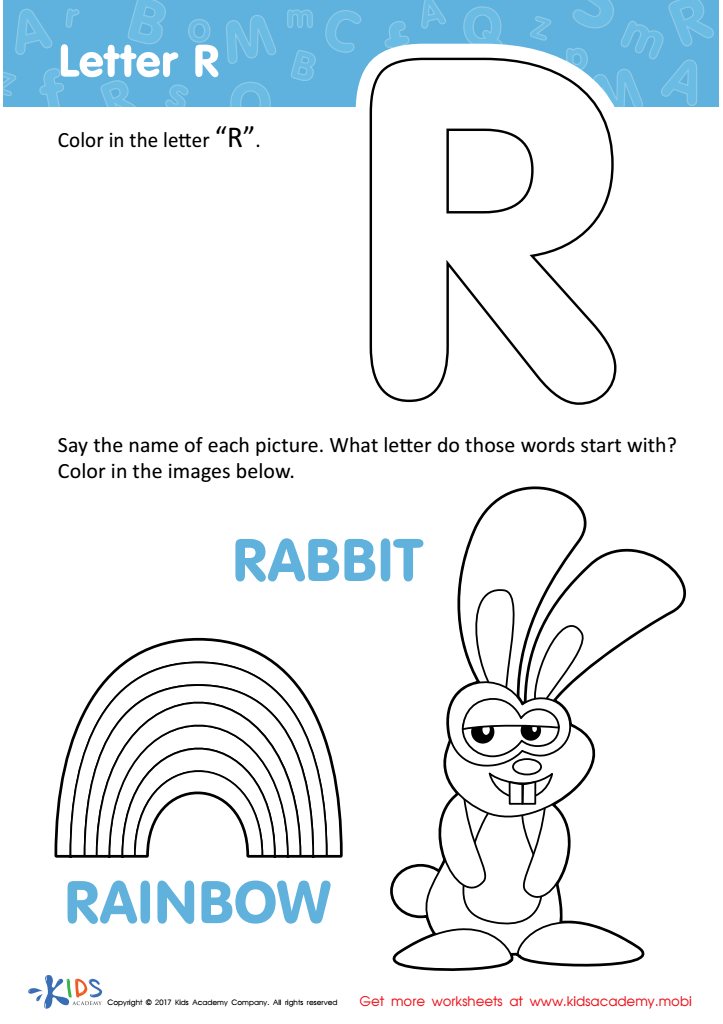

Letter R Coloring Sheet
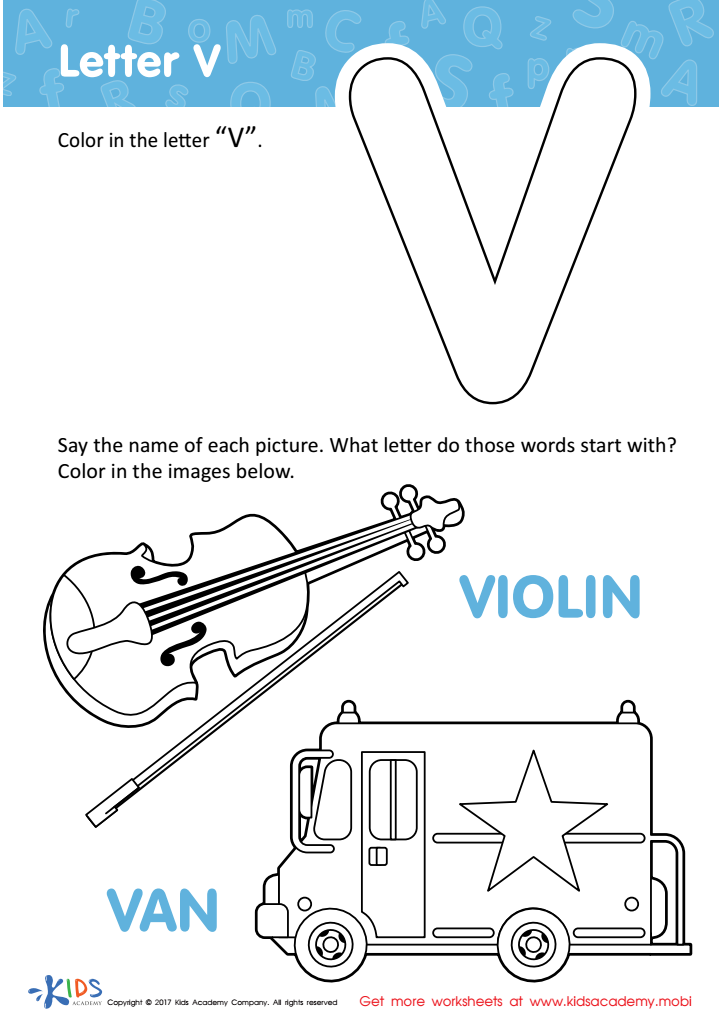

Letter V Coloring Sheet
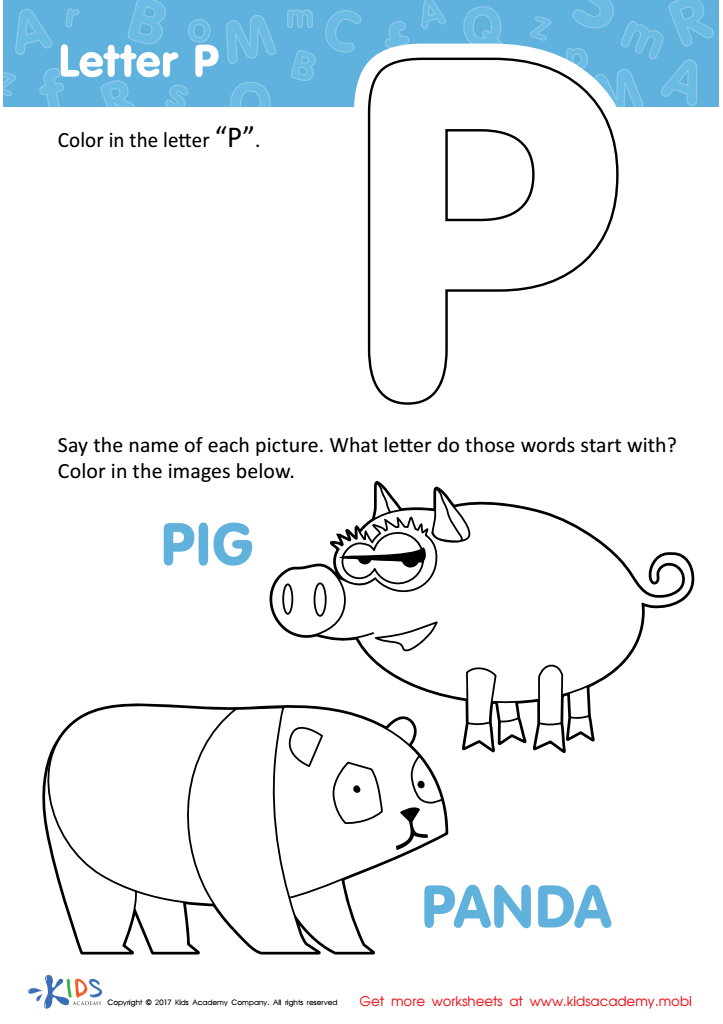

Letter P Coloring Sheet
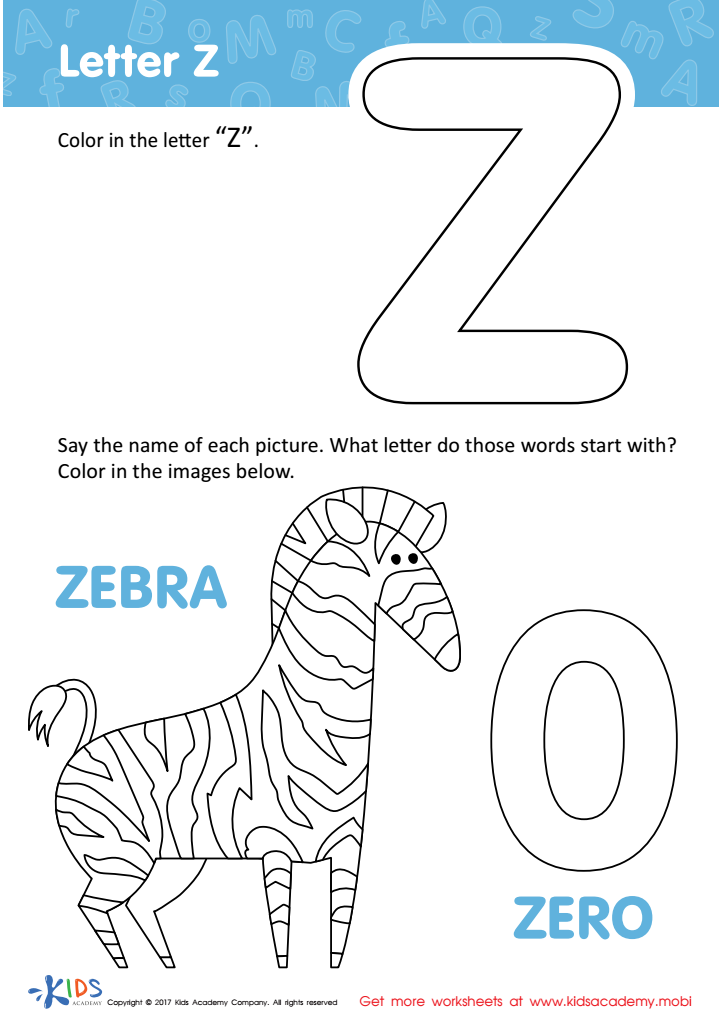

Letter Z Coloring Sheet
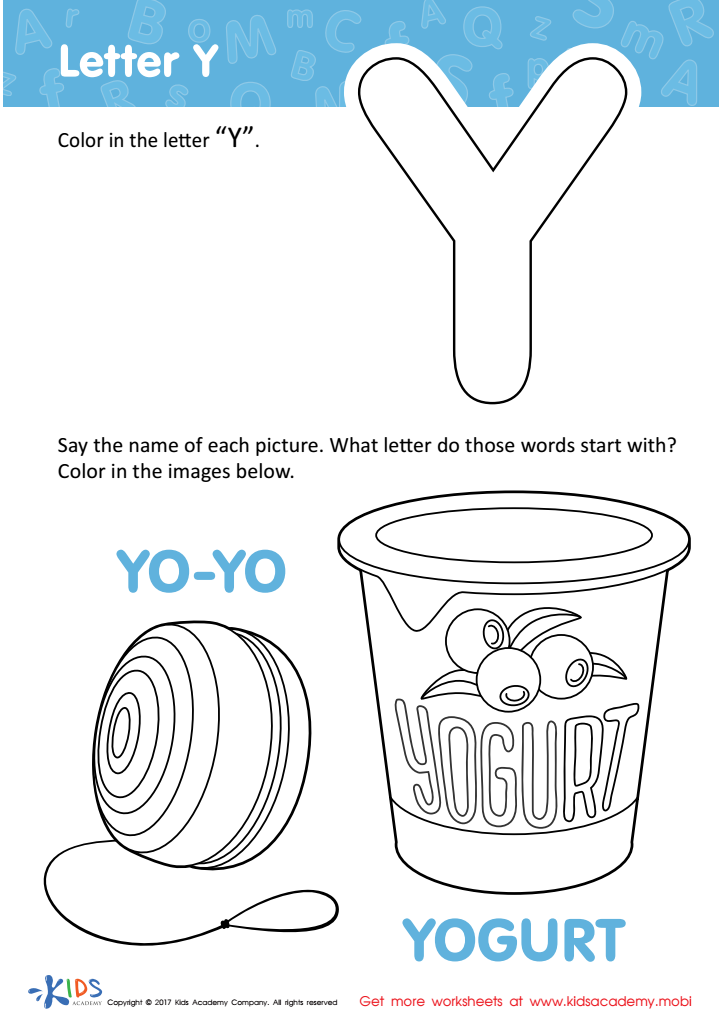

Letter Y Coloring Sheet
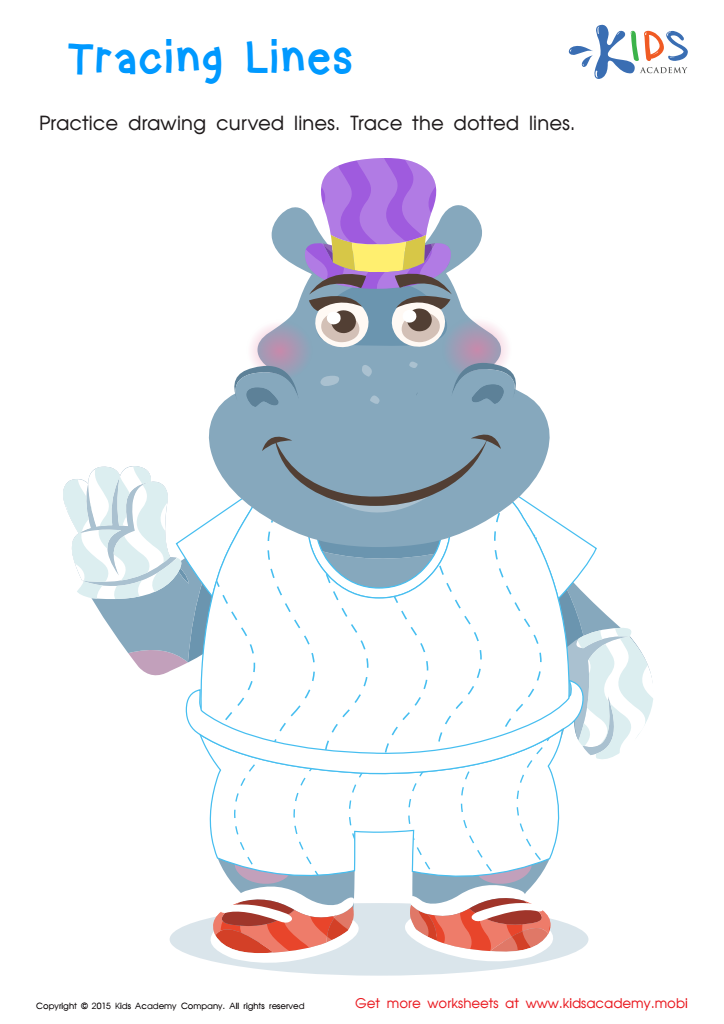

Tracing Lines Worksheet
Fine motor skills involve the coordination of small muscles in the hands and fingers, essential for tasks like writing, buttoning, and manipulating small objects. Fostering these skills early with activities like the "Fine Motor Skills Easy Alphabet" for children ages 3-9 is crucial for several reasons.
First, fine motor development enhances academic readiness. Children who can adeptly control a pencil or crayon can more easily learn to write letters and numbers, giving them a strong foundation for literacy and math. An alphabet activity geared toward fine motor skills supports this by encouraging precise hand movements and providing repetitive practice in a fun, engaging way.
Second, there are cognitive benefits. Manipulating objects and forming letters strengthens neural connections in the brain, enhancing cognitive development. Activities that combine learning with physical movement facilitate better memory retention and problem-solving skills.
Additionally, fine motor skills build confidence and independence. Successfully completing tasks such as writing their name or tying their shoes makes children feel accomplished and empowered, fostering a positive attitude towards learning.
Lastly, social interactions are improved. Play-based learning in group settings develops communication skills and teamwork, pivotal for social development.
Overall, investing in fine motor skill activities like the Fine Motor Skills Easy Alphabet prepares young children for academic success while enhancing cognitive, social, and personal growth.

 Assign to My Students
Assign to My Students









